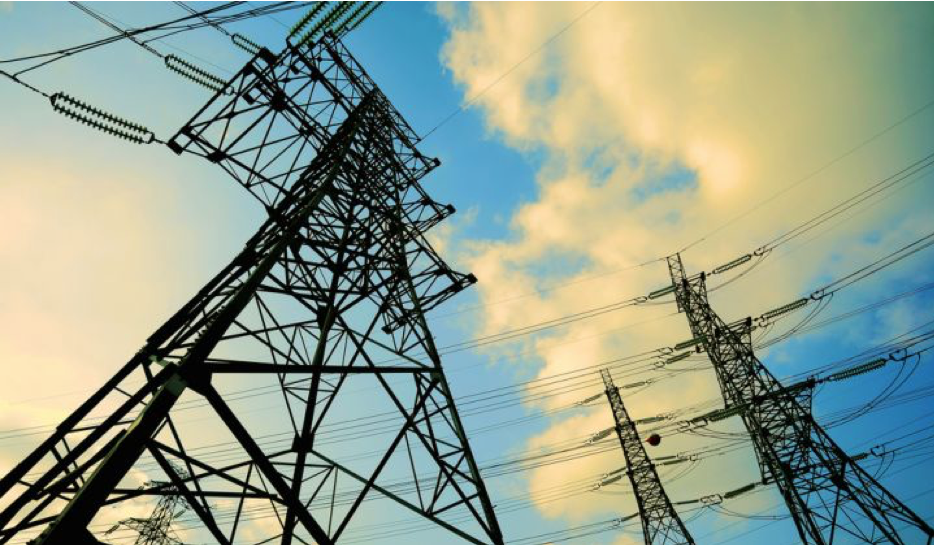CommentsBACK TALK--Eric Brooks has authored a diatribe about a “mind blowing” western power grid conspiracy so riddled with fallacies that it is in itself mind-blowing.
He is spinning tales about a bill authored by Assemblyman Chris Holden (D-Pasadena) that aims to end the longstanding fragmentation of the western power grid, which stands in the way of California’s statewide clean energy transition.
Fully integrating the western grid will cut Californians’ utility bills, avoid throwing away pollution-free energy as California is forced to do now during certain periods and allow it to more easily import it from other states when we need it, all while increasing the reliability of the grid bringing electricity to our homes and businesses.
That could save Californians more than $1 billion annually on their energy bills – and reduce the need to ramp up polluting natural gas plants, which often are located in disadvantaged areas in LA and across the state, to provide electricity when we can’t get access to enough pollution-free electricity from renewable resources like wind and solar.
Here’s the problem: Right now, 38 separate authorities are managing electricity generation and flows over California, 13 other states, two Canadian provinces, and northern Mexico. Why does that matter to you? This fragmentation makes it harder and more expensive to add pollution-free renewable energy generation here and elsewhere in the region, because each time the electrons flow through one of the authorities, a new charge is added.
The proposed legislation to help fix this problem – Assembly Bill 813 -- in no way “privatizes” the “California grid;” it allows what is already a nonprofit multistate grid operator (the California ISO, or CAISO) to expand its operations across the entire western region, bringing an end to fragmented management that is impeding renewable energy development, raising electricity costs, and degrading system reliability. Once it expands, technical experts – not politicians – will manage how electricity markets benefit all states while respecting their individual clean energy policies. That’s how every other regional transmission operator in the United States operates (for more information, see https://www.nrdc.org/experts/carl-zichella/west-wide-grid-needed-control-climate-change).
Using our existing grid infrastructure more efficiently and effectively saves time and money and more rapidly reduces greenhouse gas emissions. We can build fewer new transmission lines while adding new renewable power—local and large scale—faster.
Some are perpetuating the myth that full western grid integration is a plot to bring more coal into California. Nothing could be further from the truth. The aim is to get more (and cheaper) clean electricity into our state to meet California’s climate goals, help clean our air, and cut Californians’ energy bills.
There’s also the false claim that it’s all a plot to give the Trump administration more power, but the Federal Energy Regulatory Commission (FERC) already regulates the California ISO. Expanding the western grid to include neighboring states that also prize clean energy will provide more safety in numbers if the Trump administration sets its sights on our grid.
For the record, the principal supporters of AB813 do not include California’s utilities, who have largely stayed out of the debate due to a focus on other issues. However, they do include California’s principal renewable energy companies, community choice aggregators, the Natural Resources Defense Council, Environmental Defense Fund, Union of Concerned Scientists, the Independent Energy Producers, the Bay Area Council, the Silicon Valley Leadership Group, Environmental Entrepreneurs (E2), Vote Solar, and many of the state’s leading academic experts, including UCLA Law Professor Ann Carlson. (To learn more about what supporters and independent experts are saying about western grid integration and AB 813, click here.)
Finally, the bill has nothing whatever to do with the California utilities’ financial liability related to wildfires and is not linked to any bills addressing that issue.
(Pat Remick is a Senior Energy Communications Strategist with the Natural Resources Defense Council, an international nonprofit environmental organization with more than 3 million members and online activists.)
-cw
















